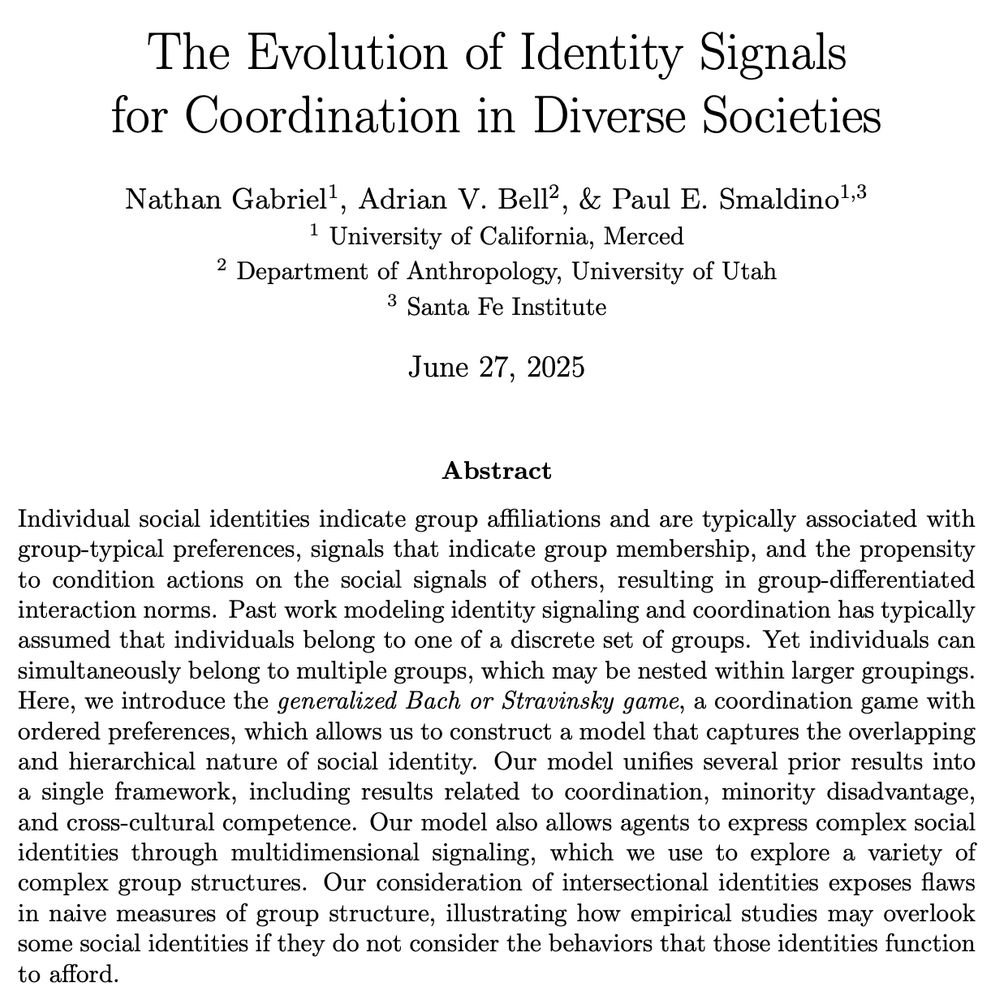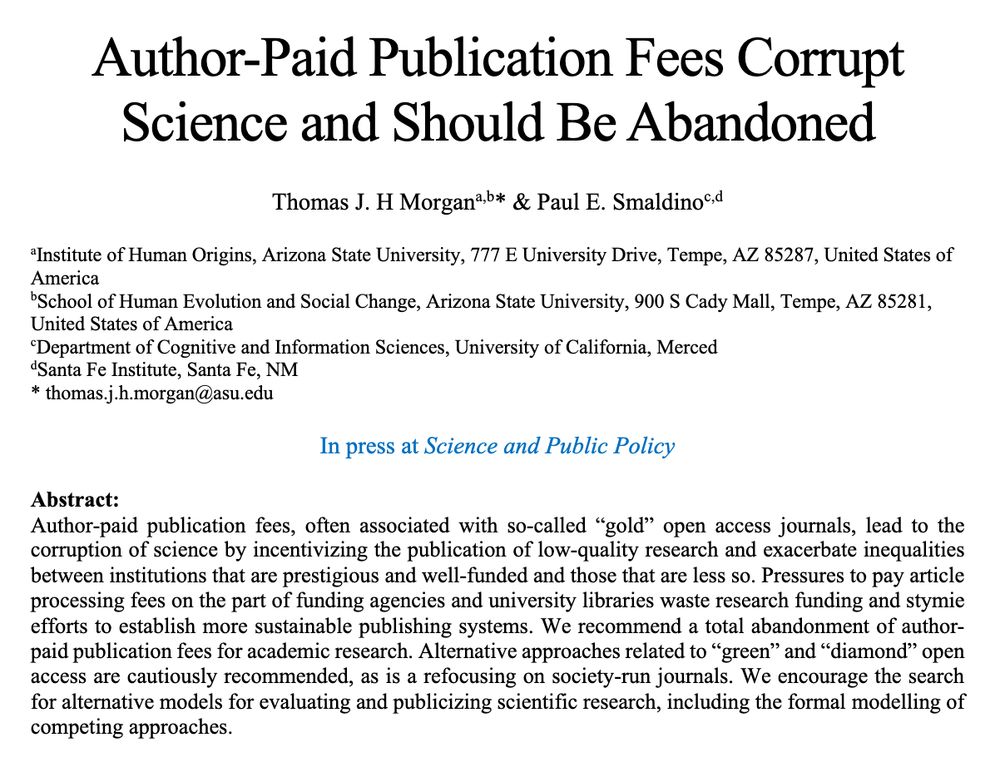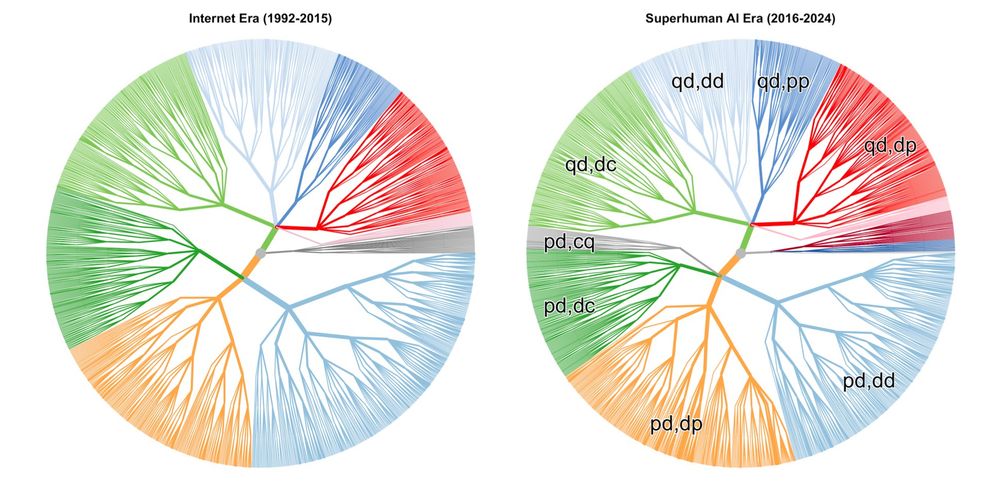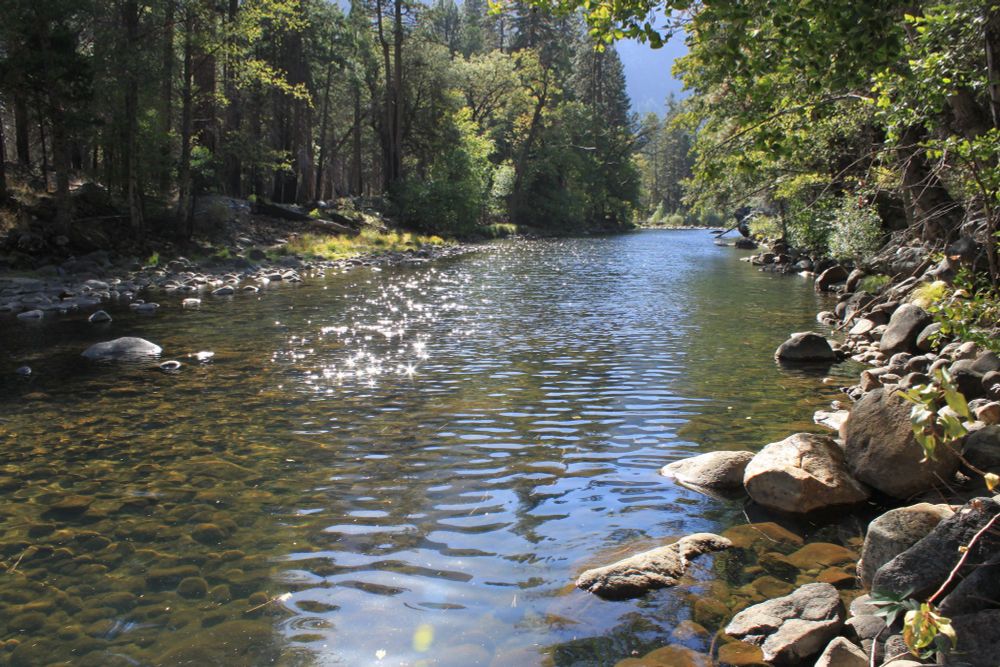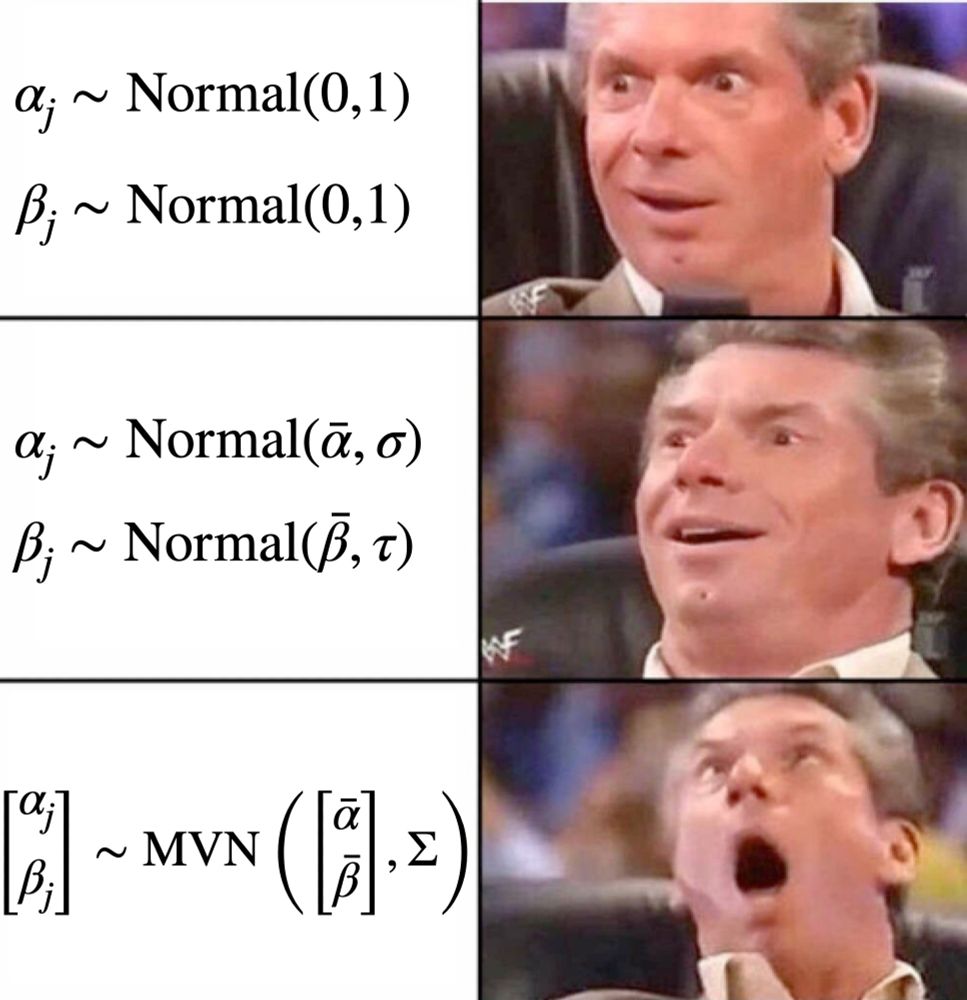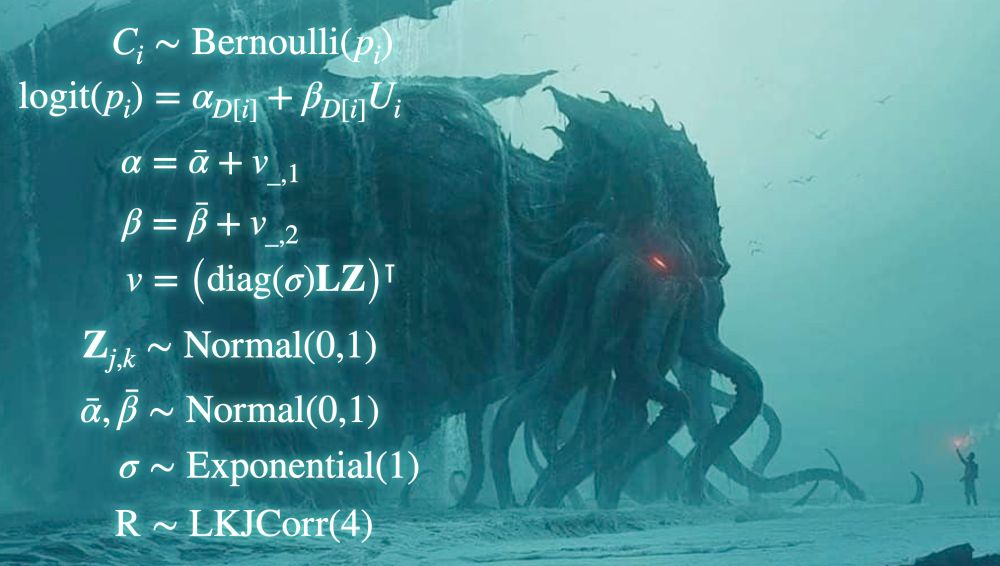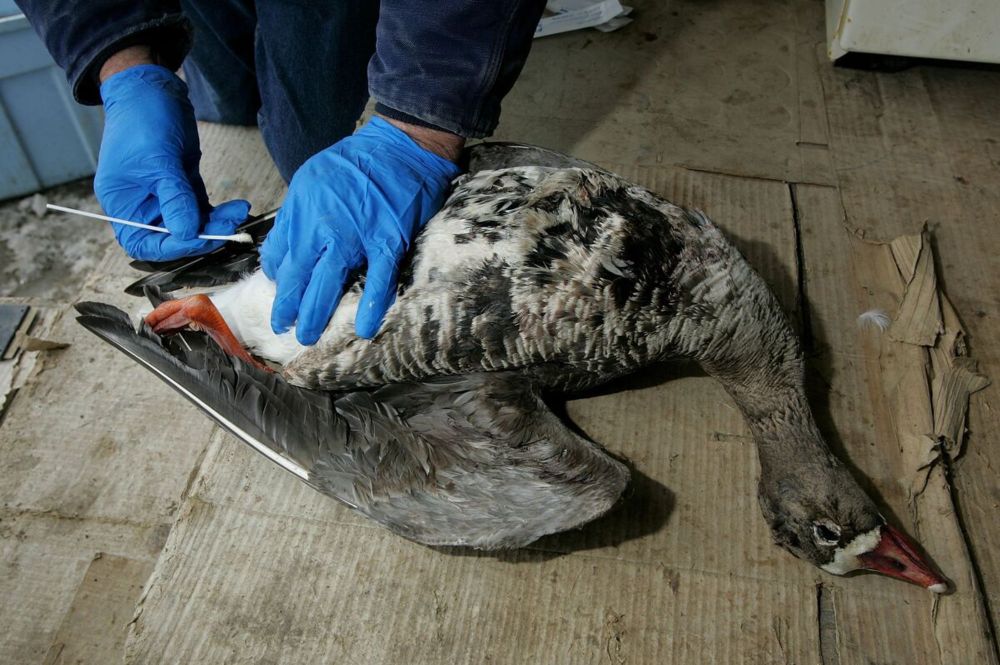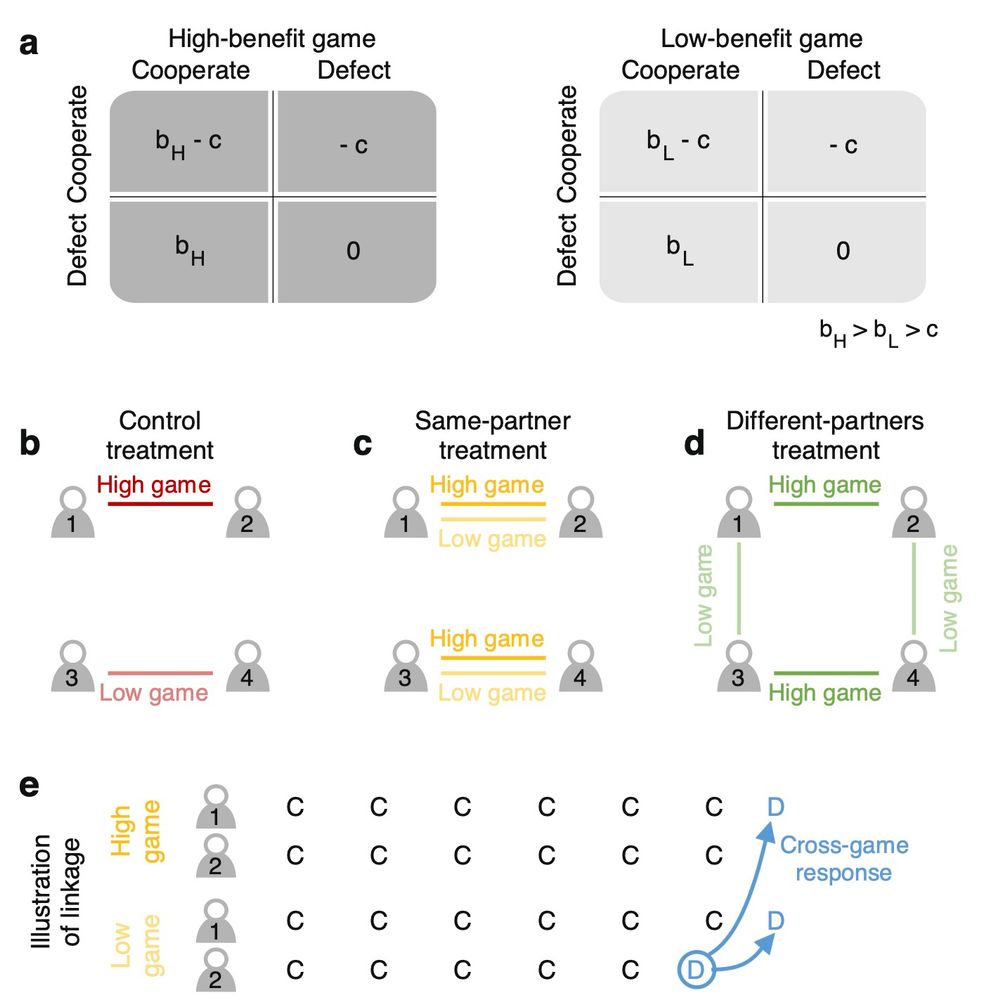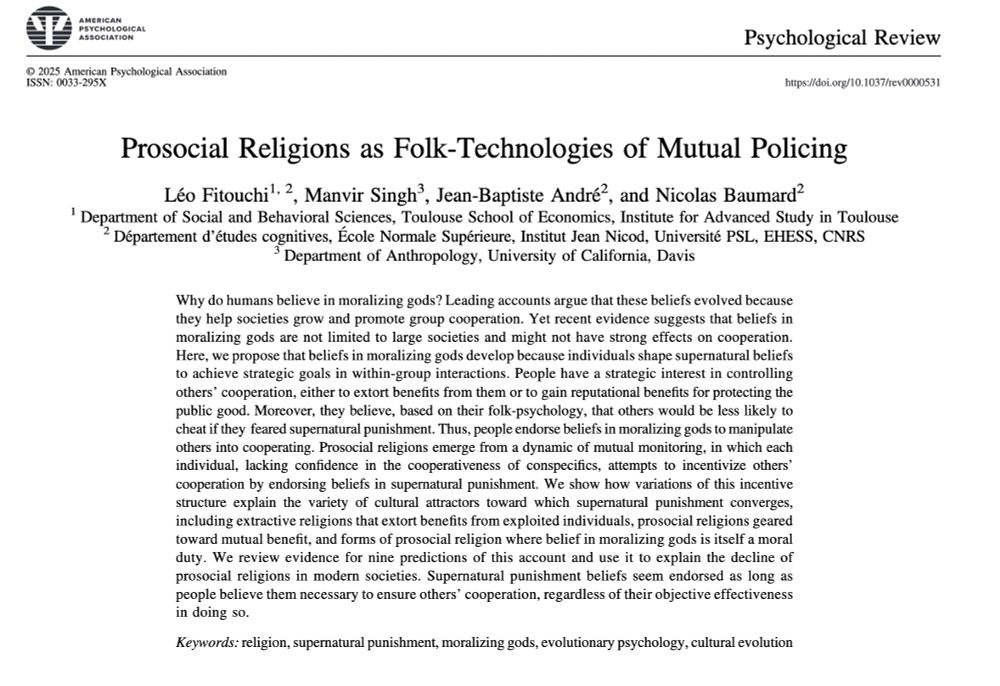Alejandro Pérez Velilla
@apvelilla.bsky.social
200 followers
410 following
17 posts
anthropologist & cognitive scientist
PhD candidate @ UCM CIS
merging cultural evolution with decision-making under uncertainty and risk
anthrocult.org
Posts
Media
Videos
Starter Packs
Reposted by Alejandro Pérez Velilla
Reposted by Alejandro Pérez Velilla
Reposted by Alejandro Pérez Velilla
Reposted by Alejandro Pérez Velilla
Reposted by Alejandro Pérez Velilla
Reposted by Alejandro Pérez Velilla
Reposted by Alejandro Pérez Velilla
Reposted by Alejandro Pérez Velilla
Reposted by Alejandro Pérez Velilla
Reposted by Alejandro Pérez Velilla
Reposted by Alejandro Pérez Velilla
Reposted by Alejandro Pérez Velilla
Reposted by Alejandro Pérez Velilla
Reposted by Alejandro Pérez Velilla
PsyArXivBot
@psyarxivbot.bsky.social
· Feb 5
Reposted by Alejandro Pérez Velilla
Reposted by Alejandro Pérez Velilla





